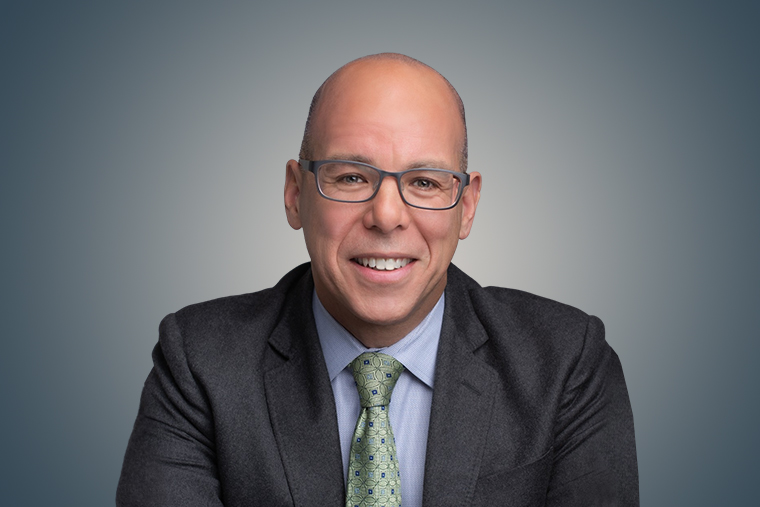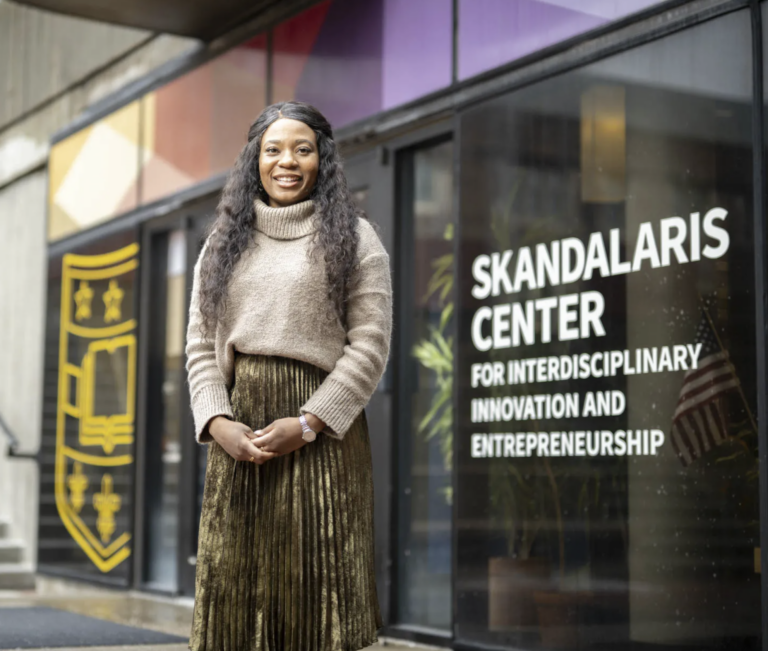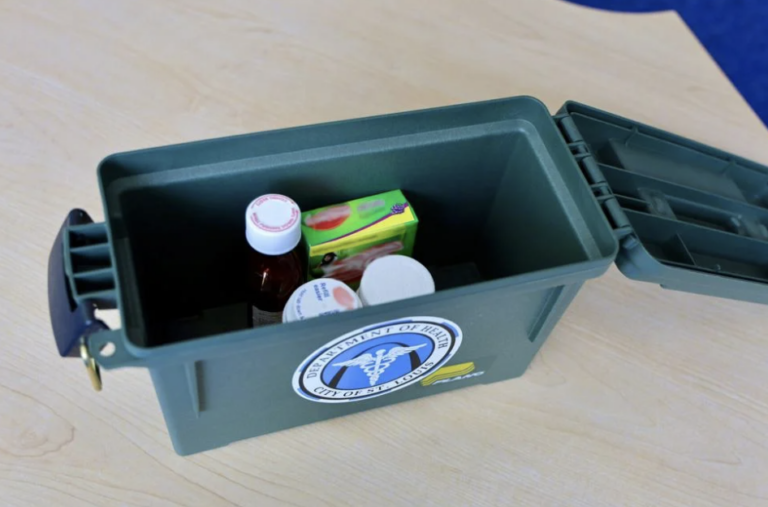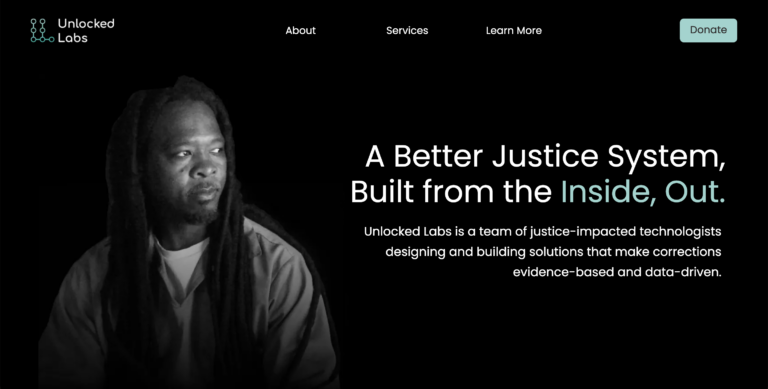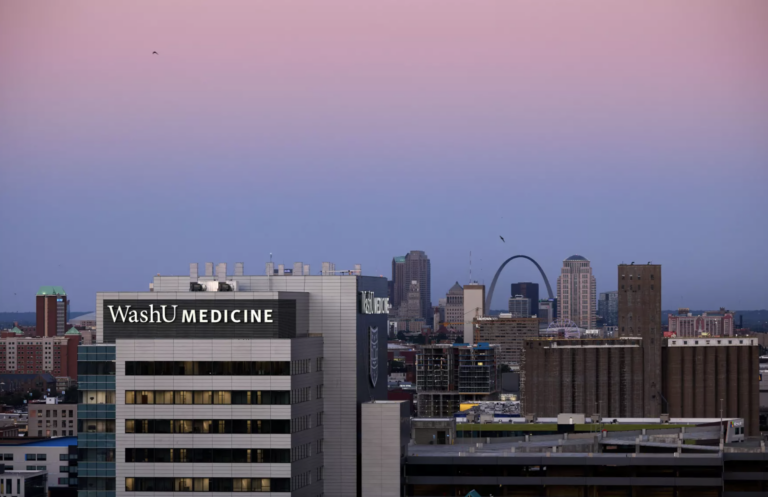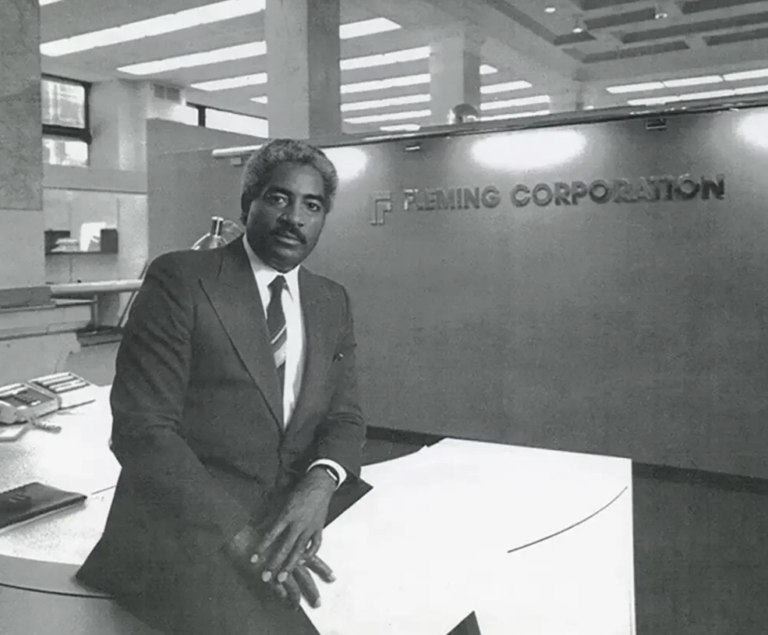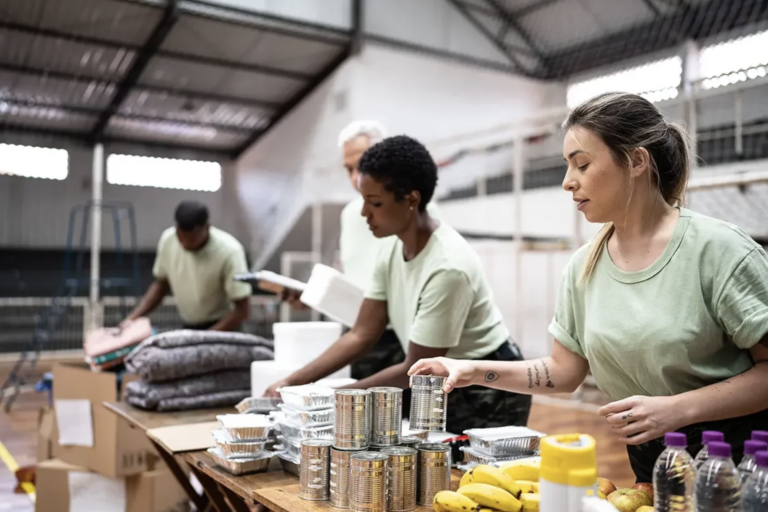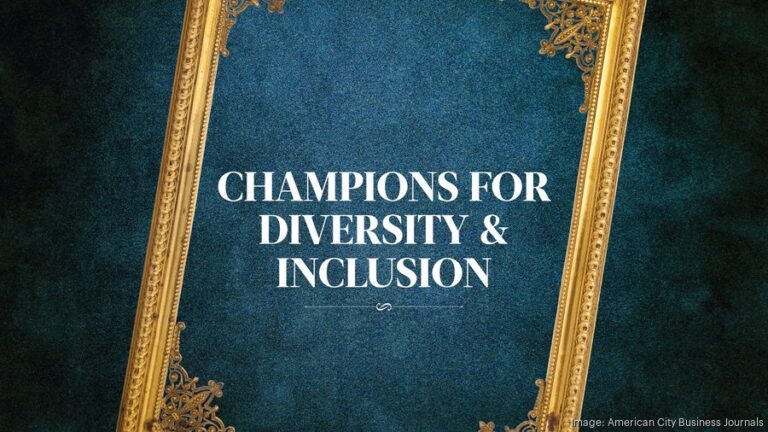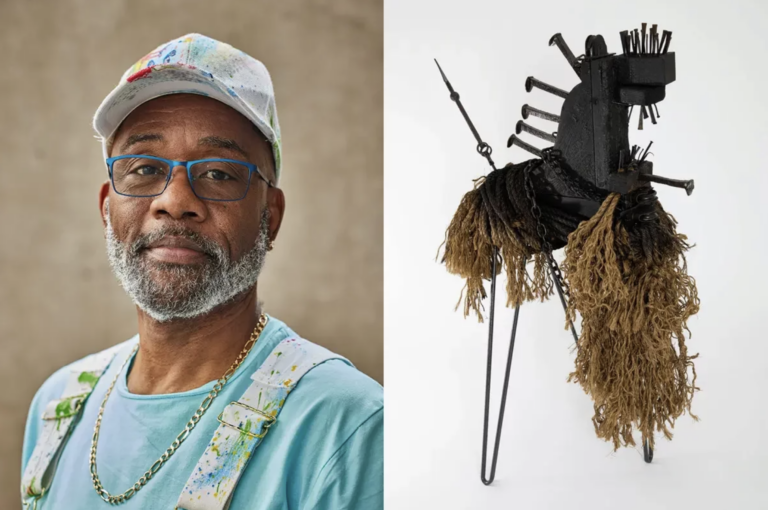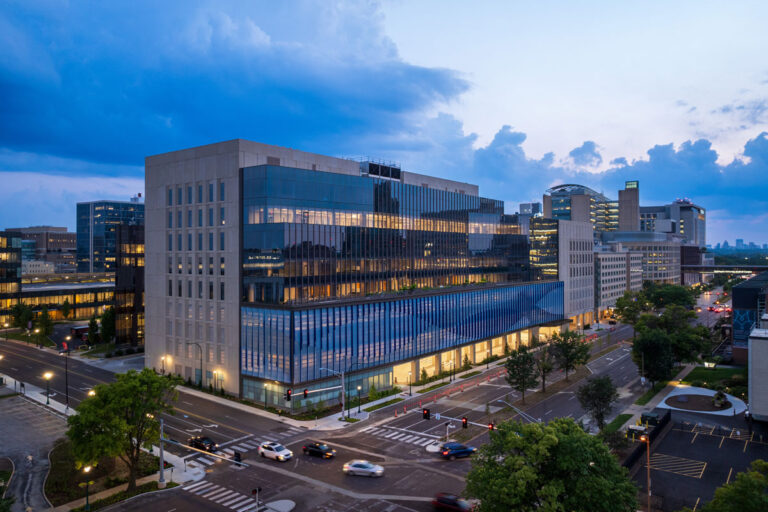One year in, Olin Dean notes growth in WashU’s flexible, executive MBA programs
In just over a year as dean of Washington University’s Olin Business School officially, Mike Mazzeo has presided over the creation of a new flexible master’s in business administration program that has seen 25% growth over the part-time programs it replaced and 20% growth in the school’s executive MBA program. The results, he said, fit into Olin’s strategic strengths: education contoured to the local business community’s needs, including the two part-time, non-traditional MBA programs.
Prep Work
With Top Tutors For Us, founder and WashU alum Angelica Harris is helping Black high school students build academic skills and improve college admissions test scores in St. Louis and across the U.S.
St. Louis Children’s Hospital offers free lockboxes to curb rising overdoses, suicides
St. Louis Children’s Hospital will provide 1,000 free lockboxes over the next year to patients at risk of suicide or poisonings, both of which are increasingly taking the lives of Missouri children. “A locked box can be crucial to protecting older children, who may impulsively take medications as a form of self-harm or by accident,” said Dr. Lindsay Clukies, a Washington University emergency medicine physician at St. Louis Children’s Hospital.
St. Louis firm wins $100K grant to improve prison education platform
St. Louis-based Unlocked Labs is one of nine companies nationwide, and the only one from the Midwest, to win a $100,000 grant from the New York-based Robin Hood anti-poverty nonprofit’s AI Poverty Challenge to incorporate artificial intelligence into its educational platform for incarcerated people. Unlocked Labs is currently offering artificial intelligence-powered smart tutoring to around 6,000 incarcerated users in 13 prisons, partnering with Washington University, the State University of New York, Cornell University, Arizona State University and the non-profit Hudson Link for Higher Education in Prison.
St. Louis wants to turbocharge its neuroscience sector with the NEURO360 program
St. Louis is vying for a $160 million grant that leaders and academics hope will turbocharge the neuroscience sector and rectify entrenched health disparities throughout the region. The effort is part of an application to be one of the next National Science Foundation’s Regional Innovation Engines. NEURO360, the St. Louis proposal, is led by Washington University and BioSTL. It aims to build upon the region’s existing prowess in neuroscience research and develop those discoveries into new products, treatments and approaches to medicine, said Eric Leuthardt, chief of Washington University’s division of neurotechnology and one of NEURO360’s principal investigators.
Architect Charles Fleming helped members of his community work toward home ownership
The name Charles Fleming might not be universally known in St. Louis, but it should be. The first African American graduate of Washington University’s University College with a B.A. in architecture in 1961, Fleming would go on to become one of the most successful Modernist architects in St. Louis, with offices across the country in Atlanta, Washington D.C., and San Francisco. And, at a time when federal assistance in home mortgages discriminated against African Americans, he helped members of his community work toward home ownership. Fleming died in St. Louis on July 8, 2024.
How St. Louis health systems are coming together to meet the region’s needs
Area health systems including BJC HealthCare and WashU are addressing community concerns by collaborating on the Community Health Needs Assessment, investing in local businesses, donating, volunteering, and more.
Champions for Diversity & Inclusion Awards 2024: Mark Kamimura-Jiménez leads Center for Diversity and Inclusion at WashU
Mark Kamimura-Jiménez has been instrumental in Washington University’s efforts to center diversity and inclusion for the entire student body and university community, fostering a learning environment that enriches and supports students from all backgrounds.
The 2024 Great River Biennial artists are ready for the spotlight
The Great Rivers Biennial, an arts collaboration between the Contemporary Art Museum St. Louis (CAM) and the Gateway Foundation that spotlights and challenges local artists, will open at CAM on September 6. Three St. Louis artists have been chosen to display new work including Ronald Young, a WashU alum who is known for his use of mixed-media and sculptural assemblage. Young uses found materials (for instance, ropes, bricks, and nails) to create works that speak to his environment and the resilient history of Black Americans.
Siteman Cancer Center to open new outpatient center this month
A new cancer center, under construction for three years, will open to patients at the end of September. Siteman Cancer Center’s new nine-story, 657,250-square-foot building, located at 4500 Forest Park Ave. on Washington University’s medical school campus, is slated to open Sept. 30. Siteman, a collaboration of BJC Health Care’s Barnes-Jewish Hospital and Washington University School of Medicine, said the building will be dedicated exclusively to outpatient cancer care.
